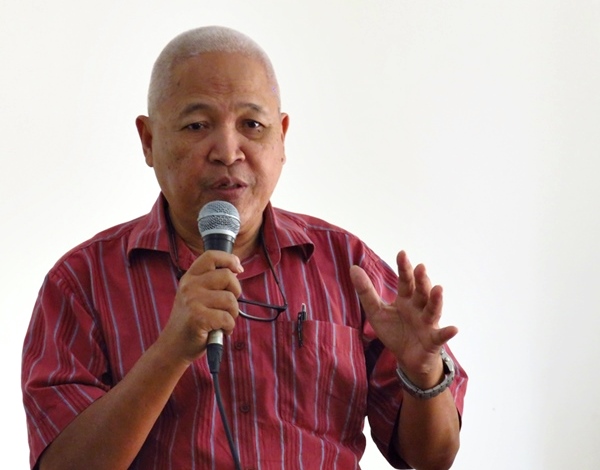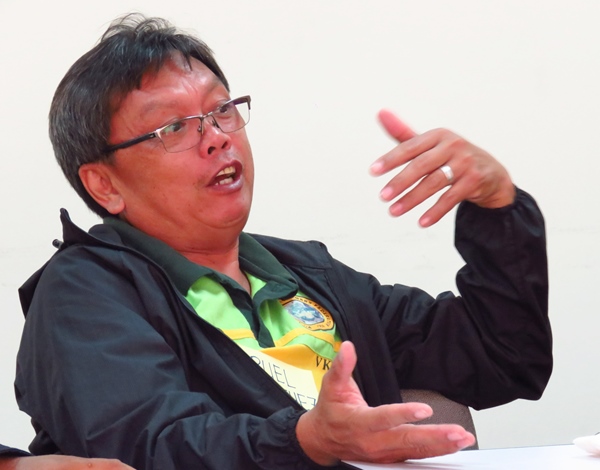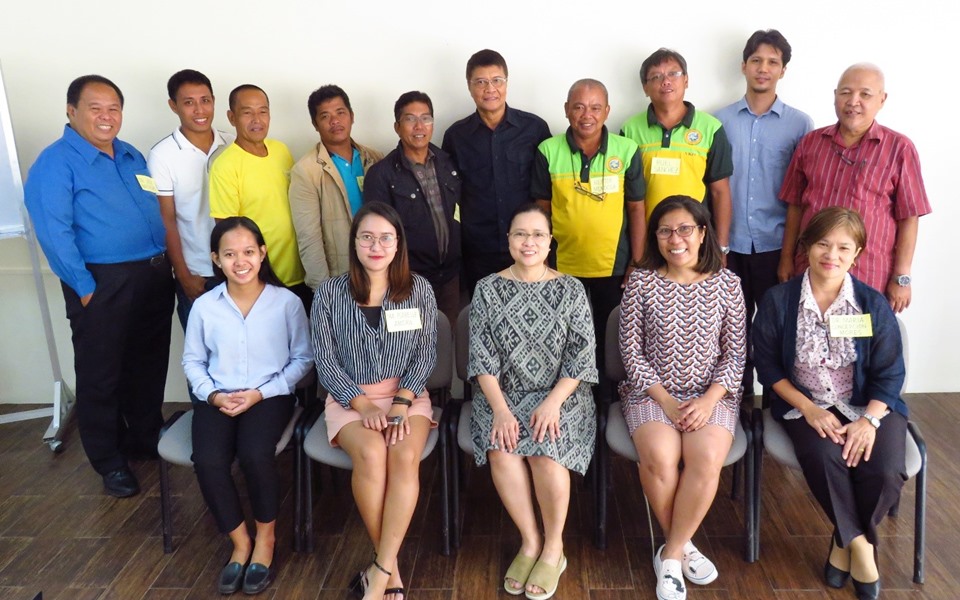The three-year pilot program was launched in late 2015 to address the twin goals of food and nutrition security and poverty reduction of farmers and their families, and will run until early 2019. Piloted in the municipalities of Inopacan (Leyte) and Victoria (Oriental Mindoro), the Program design and implementation were guided by the SEARCA ISARD Model, which espouses the sustainability strategy of combining the strengths of the academe as source of experts and technologies (through partner SUCs), and the local government units (LGUs) as provider of public goods and extension services. Development interventions are anchored on four major components, specifically: (1) technical assistance, (2) capacity building, (3) knowledge management, and (4) linkages and networking. These are being implemented using lessons learned from SEARCA's 50-year experience in ARD, which is characterized by participatory development, ecosystems-based, entrepreneurial, value chain-centered, and interdisciplinary and transdisciplinary approaches, towards developing sustainable and inclusive agricultural systems and communities.
With these in mind, SEARCA deemed it important to identify and document the lessons learned in implementing good practices and innovative approaches that contribute to the program's success. The mini-workshop titled, Sharing Experiences on the Gains of the Piloting Effective Models of ISARD, served as venue for sharing important information and internalizing lessons and experiences. This was done by having each participant (on-site Project Coordinators, local government unit representatives, and farmers), share their experiences as stakeholders in the project, personal insights and learnings, and lessons drawn from their involvement at different levels. In the case of Victoria pilot site, the farmer-beneficiaries, who started as primary producers of raw calamansi, are already organized into the Victoria Kalamansi Farmers Federation (VKFF) and are into processing (calamansi juice, concentrate, and marmalade) and able to penetrate small supermarkets in the province's capital city. Ultimately, VKFF's goal is to become a major supplier of fresh, semi-processed and processed calamansi products for major agri-food industry players. In Inopacan, the major challenge identified was project sustainability after project completion, which, according to the local project management office, can be addressed by strengthening the farmer-beneficiaries, like what SEARCA did with the VKFF.
Moreover, the project teams from Inopacan and Victoria, composed of representatives from the Visayas State University (VSU) and Mindoro State College of Agriculture and Technology (MinSCAT), LGUs, and farmer groups shared the major outputs, initial outcomes, and potential impacts of their specific pilot projects. These will be used to develop a well-organized and comprehensive information base that will serve as evidence in developing ISARD case studies. SEARCA's Research and Development Department spearheaded the workshop. (Henry M. Custodio)


